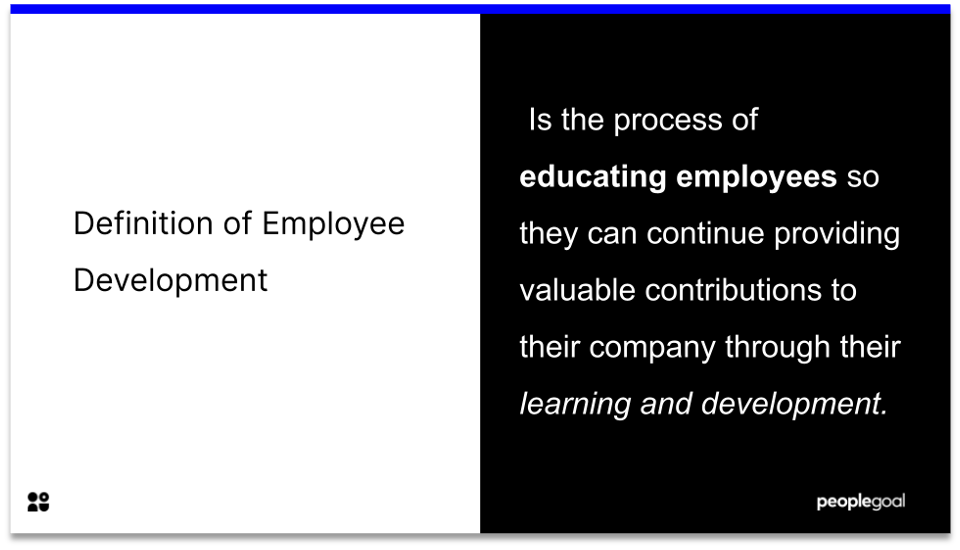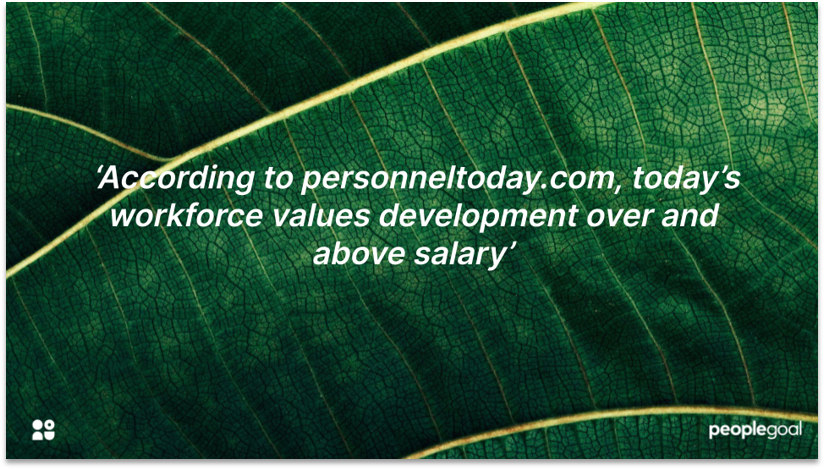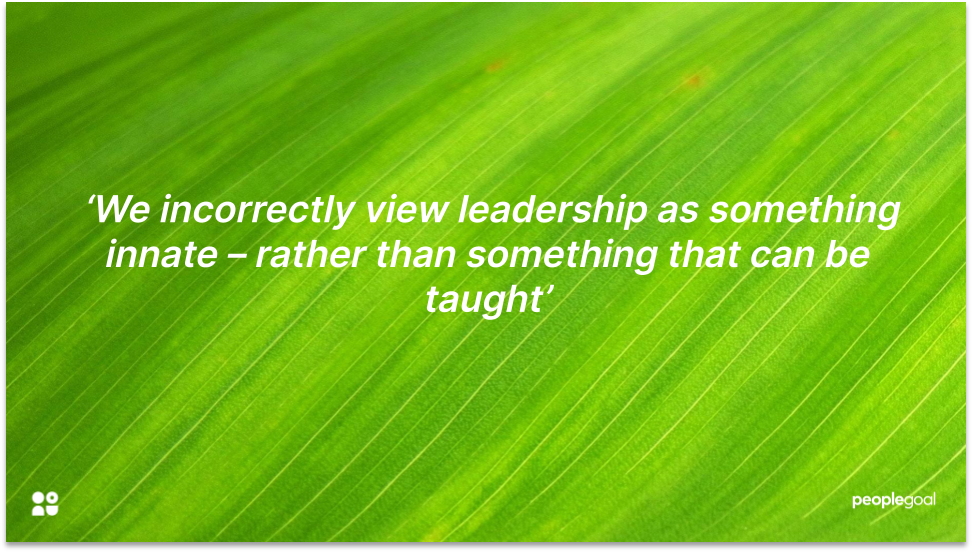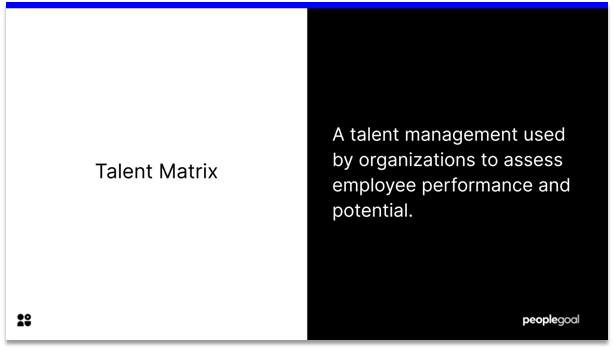Do you want to be a boss or do you want to be a leader? We’d wager that most people would choose the later, but the question itself is kind of loaded. What is the difference between a boss and a leader? Take a look at most blogs about the topic and the issue is laid out as very black and white but such a simplification is a quite disingenuous though.
In fact most of the sources I found on the topic had one of the three takes on the topic:
- You might use the words boss and leader interchangeably, but here’s 10 reasons why you’re wrong.
- Here’s a picture of someone who is giving orders and another picture of someone at the front of a tug-of-war contest.
- Bosses are selfish, pencil pushing, results driven micromanagers and leader are amazing, supportive, transformative father figures.
While such a spin makes this a partisan topic and makes it almost certain we’d all choose to be a leader and not a boss, these kind of views are really ignoring the true definition of the words. We can think of plenty of leaders from history that weren’t exactly of high moral character and (hopefully) we can think of at least one boss that we’ve had who we see in a positive light.
Simply put being a boss is a designation – an official position or office that appointed to someone.
A leader is someone, who may or may not hold an official position of power, that can motivate and influence people towards a common goal.
Put another way;
Being a boss is a title, being a leader is an attitude.
Without arguing semantics further, the way we use the words differs in definition and also in how we use them in everyday speech. You probably wouldn’t say “I’m going out for drinks with my leader” because there’s a better word for that!
Bosses can surely be leaders and leaders often are, or soon become, people of assigned power. But the arguments above don’t describe the difference between a boss and a leader as much they describe someone who influences us that we like versus someone that influences us in ways we don’t like.
So what we really want to know when we look for the difference between a boss and a leader is: what are the characteristics that we want ourselves and those in influence over us to demonstrate? Now that’s a question we can really delve into:
1. Honesty and Transparency
Both of these qualities work on a sliding scale. We don’t have to brutally honest or share every minor detail of business operations to be viewed as transparent. We simply need to show that we’re willing to share information when it is relevant or requested, or at very least give a good reason why we can not.
2. Emotional intelligence or at least emotional awareness
By nature, we are emotional creatures and even if we somehow have a work environment devoid of human emotion, individually we will all face circumstances in our person life that will impact how we feel and interact with others. Being able to pick up on these cues and handle them appropriately is key understanding and treating others as individuals and helps build rapport and positive associations with others.
3. Ability to deliver and accept feedback
There are two areas for consideration here: 1) The negative stereotype of a superior who only pushes feedback down and 2) The delivery of feedback in a way that is constructive. Simply expressing that we want and are open to feedback can make it easier for others to accept our feedback and even if we consider ourselves experienced in giving constructive feedback, it’s always a good idea to step back and make sure it is having the intended impact.
4. Trustworthy and consistent character
Often the term “decisive” takes priority over consistency when discussing leaders, and we’d like to change that stereotype. Making quick decisions based on experience and available is often part of being a boss or leader, but sticking to your guns once a decision is made is not a magical key to success. In reality, although we don’t want to change direction too often, the logical response to getting information or feedback is to change course. Being consistent in our character and how we communicate changing priorities is some we can maintain, and doing so over time will build trust with others.
5. Ability to inspire and motivate
This is another area where certain, charismatic people may have a slight advantage. But what truly motivates or inspires people is often personal. So we don’t need a title or a particular personality to accomplish – just an understanding of the people we work with, what they need and value in their position and what strengths or skills they already have that can be built upon.

Ultimately, our day-to-day actions are what define how our colleagues view us. Working on these five areas will help us to create and inspire positive change in our workplace – not matter what title we hold. you might want to dive into effective leadership styles. and how you can implement them or find out what type of a leader you should become in 2020.
Ready to 3x Your Teams' Performance?
Use the best performance management software to align goals, track progress, and boost employee engagement.






